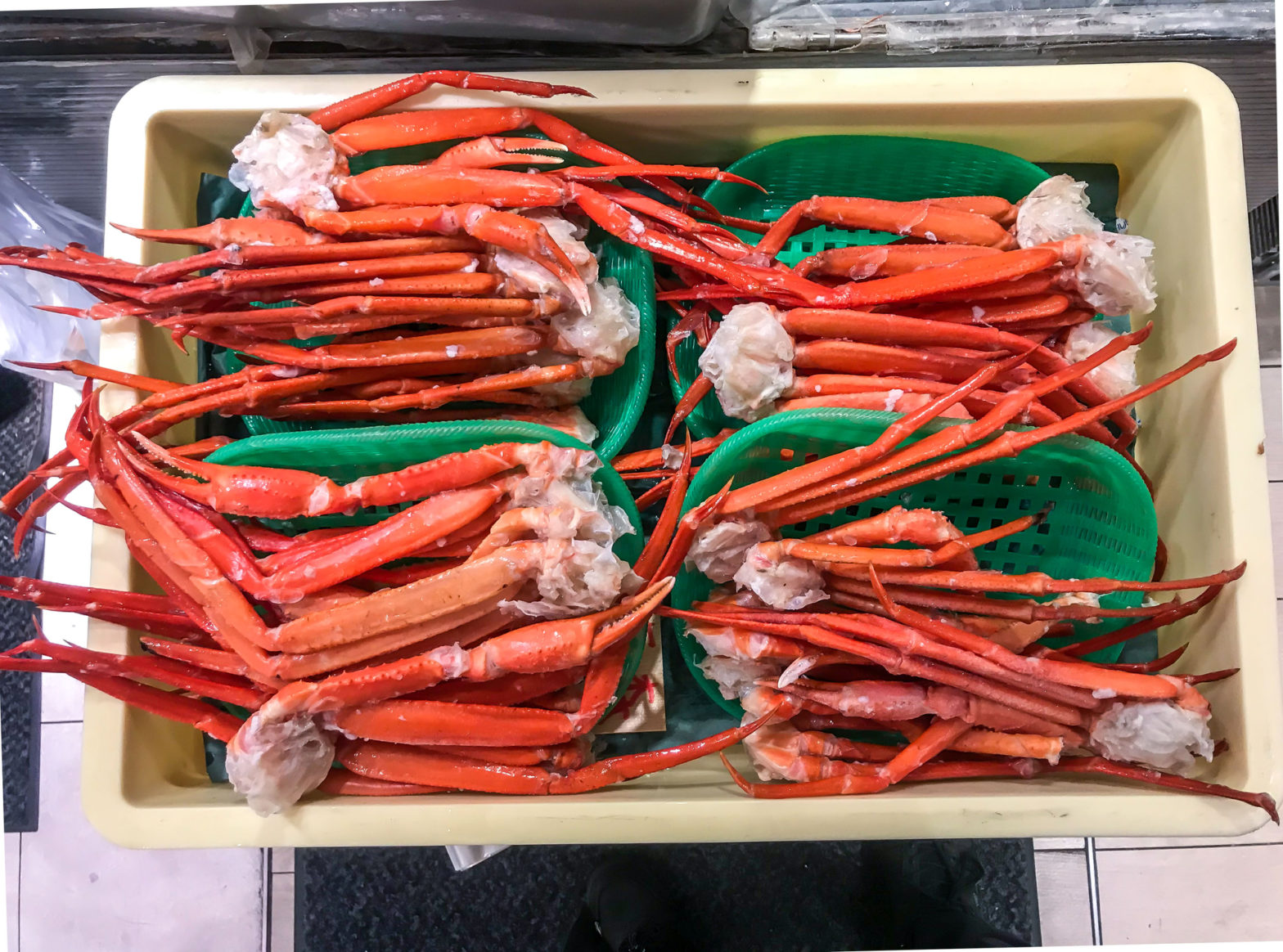The Alaska Department of Fish and Game has officially canceled the winter snow crab season, according to CBS News.
What we know:
It is the first time in history this has ever been done, however, it is now necessary due to the crabs’ rapidly declining numbers in the Bering Sea. According to state officials, it is estimated that one billion crabs have vanished in two years. This constitutes a 90% population loss.
The nation’s seafood industry will no doubt feel the effects as seafood lovers will not be able to find the crustaceans in restaurants and markets. And scientists are concerned about how the sudden decrease in population will affect the Arctic ecosystem.
Affecting the local community
Gabriel Prout and his father and brothers own the F/V Silver Spray, a 116-foot steel crabber. He and his family’s business are heavily reliant upon the crab population. Like other fishermen, he wants to know what happened to the crabs.
“Did they run up north to get that colder water?” he asks. “Did they completely cross the border? Did they walk off the continental shelf on the edge there, over the Bering Sea?”
Prout is calling for a relief program to aid fishermen whose businesses and incomes are suffering; a program similar to those available to farmers when their crops suffer.
Possibly climate change to blame?
Researcher Ben Daly monitors the health of Alaska’s fisheries, which provide 60% of the seafood in America. He is attempting to get answers and find out where the crabs went.
Daly says disease is one possibility and that climate change is another. Alaska is warming faster than any other state in the nation, according to the National Oceanic and Atmospheric Administration. Every year it loses billions of tons of ice, and the ice is important to crabs that live in cold water.
“Environmental conditions are changing rapidly,” said Daly. “We’ve seen warm conditions in the Bering Sea the last couple of years, and we’re seeing a response in a cold-adapted species, so it’s pretty obvious this is connected. It is a canary in a coal mine for other species that need cold water.”





